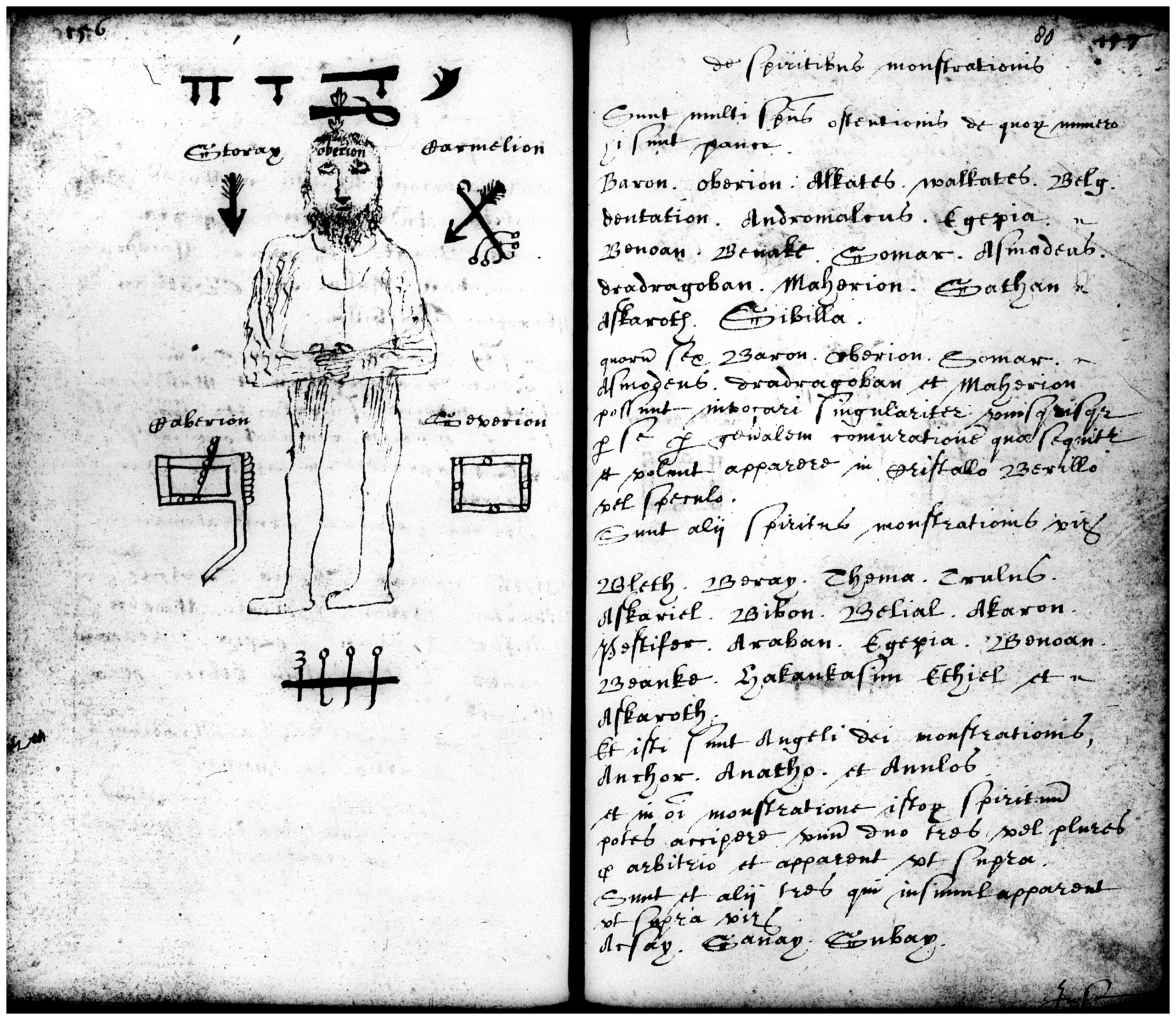Members-only oddcast episode
Into the Otherworld with Samuel Gillis Hogan

This is a special oddcast episode for SHWEP members only
Already a member? Log in here to view this episode
In this special episode, we delve further into the fairie-summoning dossier in various directions. We discuss
- A late ritual in the fairy-summoning tradition, which seems to leave behind the ‘demonic summoning’ trappings of medieval Christian magic, instead envisioning something of a relationship of equals between the practitioner and the summoned entity,
- Gender-dynamics in this fairy-summoning corpus, illustrated by the ‘skimmed-water ointment’ ritual,
- The surprising and sometimes hilarious reaction in ‘the news’ to Sam’s PhD research, and
- The dreaded scholar/practitioner divide in researching western esotericism, and his proposal for a methodological ‘radical agnosticism’.
Interview Bio:
Dr. Samuel Gillis Hogan is an intellectual and cultural historian broadly interested in the history of magic, especially in the premodern world. He completed his PhD in history at the University of Exeter, England, under the supervision of Professors Catherine Rider and Jonathan Barry. He wrote his dissertation on fairies in late medieval and early modern summoning rituals and occult philosophy. He is currently adapting his PhD into a monograph and a reference book with the goal of publication. He intends his next project to further explore the intersections between environmental history and the history of magic.
Works Cited in this Episode:
Primary:
The ritual discussed in which the fairie is treated more as another person than as a demon: this is what Gillis Hogan calls the Januvian Fairy Ritual. In it a protective circle is not needed (as discussed in section “4.3.3.2 of his thesis, ‘The Magicians’ Purity and the Fairies’ Friendship’).
Secondary:
Daniel Harms on the ‘skimmed-water ceremony’, and its inversion of gender-codings: Daniel Harms. Hell and Fairy: The Differentiation of Fairies and Demons Within British Ritual Magic of the Early Modern Period. In Richard Raiswell Michelle D. Brock and David R. Winter, editors, Knowing Demons, Knowing Spirits in the Early Modern Period. Palgrave Macmillan, Basingstoke, 2018, see p. 70.
We haven’t linked to the various online news-articles referenced in the interview, but you can find them if you search the darker corners of the internet.
Gillis Hogan’s 2023 thesis Communing With Nature: Fairies in English Ritual Magic and Occult Philosophy, 1400-1700. We cite pp. 38-9: ‘There is, however, another approach which scholars can take in their historical writing which I call ‘radical agnosticism’. This approach is radical in that it is not merely agnostic toward various religious or preternatural views, but also does not presuppose the verity of the materialist cosmology and places the reality of the subject upon the table as a possible explanation (among others). The earnestness of this position, without the plausible deniability afforded by humour, requires no small degree of intellectual and professional bravery.’


Fiona McRae
August 16, 2025
For anyone interested in contemporary faerie magic, I’d recommend the works of RJ Stewart, specifically The Well of Light, The Living World of Faerie, and The Magic of Three Sticks.